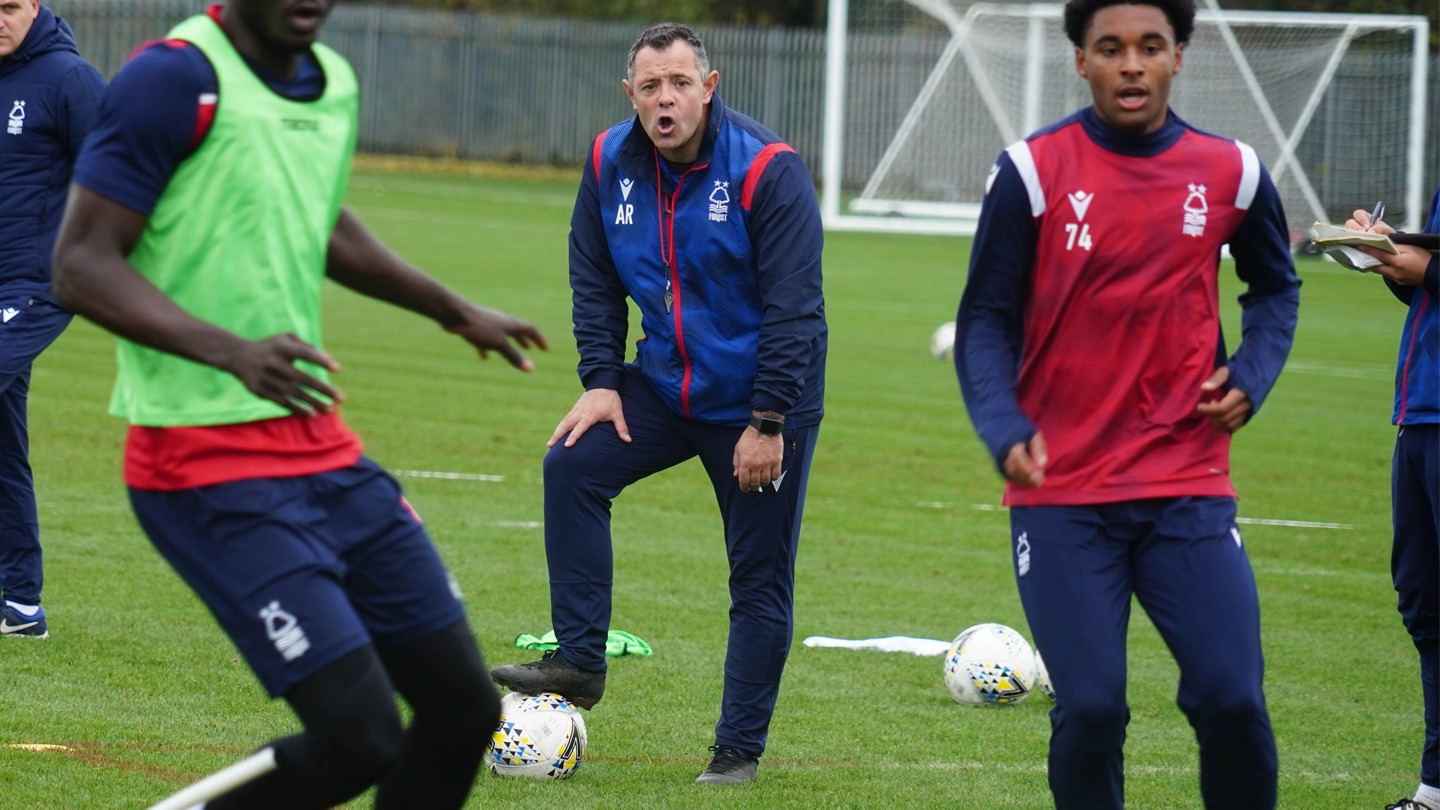When I asked Andy Reid if he wanted to do an interview, he was very interested in what we would be talking about. Reid was always a footballer who had a curiosity that went outside football, but this was more to do with how he wanted to see himself and how, by extension, he wanted others to see him. Reid worked with some of the biggest names in football. He could do well on the circuit, when the circuit returns, delivering stories about Giovanni Trapattoni and Roy Keane. He can tell those anecdotes, but he is also smart enough to…
Cancel at any time. Are you already a member? Log in here.
Want to read the full story?
Unlock this article – and everything else on The Currency – with an annual membership and receive a free Samsonite Upscape suitcase, retailing at €235, delivered to your door.

